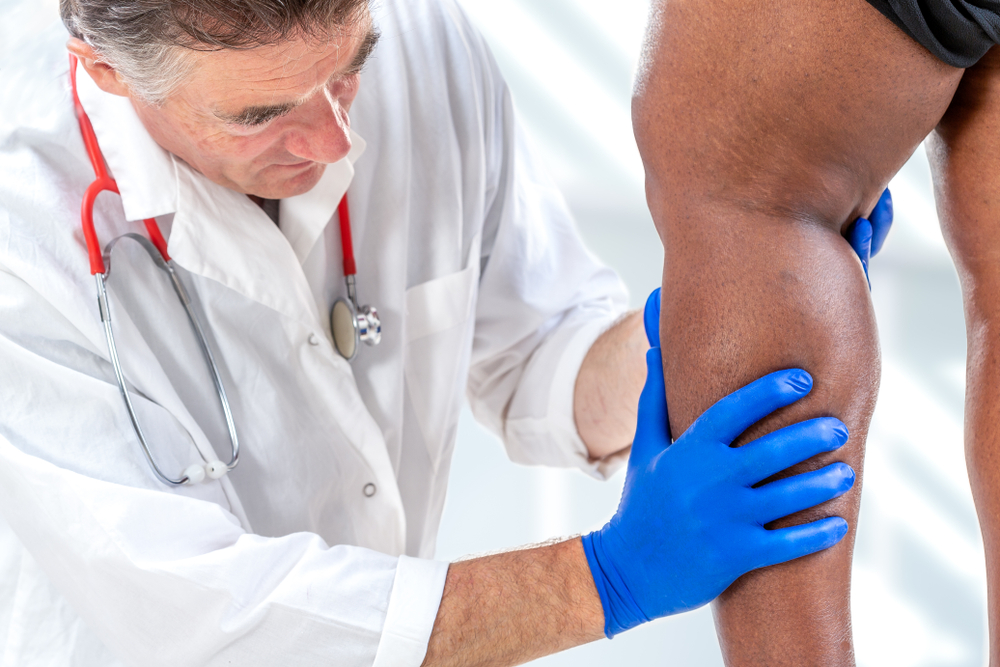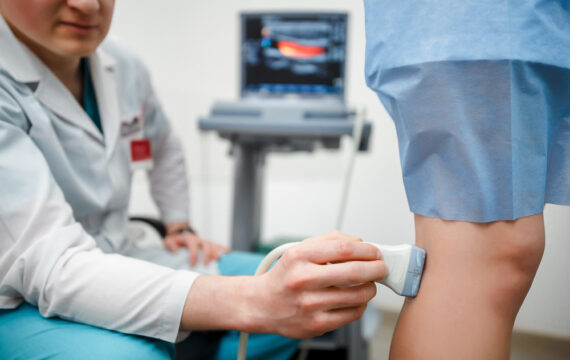When it comes to managing vein-related conditions such as varicose veins, spider veins, or deep vein thrombosis, choosing the right vein doctor is crucial. These conditions not only affect your appearance but can also lead to more severe health issues if left untreated. Selecting a qualified vein specialist ensures you receive proper diagnosis, treatment, and ongoing care. This article will guide you through the essential factors to consider when searching for the best vein doctor near you.
1. Credentials and Qualifications
The first step in choosing the best vein doctor is to verify their credentials and qualifications. A qualified vein specialist should have completed a residency in vascular surgery, interventional radiology, or a related field. Additionally, they should be board-certified, which signifies that they have undergone rigorous training and testing in their specialty. Look for certifications from reputable boards such as the American Board of Surgery or the American Board of Venous & Lymphatic Medicine.
2. Experience and Specialization
Experience plays a significant role in the effectiveness of vein treatment. A doctor who specializes in vein conditions is likely to be more knowledgeable and skilled in handling complex cases. Ask about the number of years they have been practicing, and whether they have specific experience in treating the condition you are concerned about. It’s also beneficial to inquire about the number of procedures they have performed and their success rates.
3. Treatment Options Offered
Vein treatment has evolved significantly over the years, with many minimally invasive options now available. The best vein doctors offer a range of treatment options, from conservative therapies such as compression stockings to advanced procedures like endovenous laser therapy (EVLT), sclerotherapy, or radiofrequency ablation. A good vein specialist will evaluate your condition and recommend the most appropriate treatment plan based on your individual needs.
4. Technology and Equipment
The quality of the equipment and technology used by the vein doctor is another important consideration. Advanced imaging techniques like duplex ultrasound are crucial for accurate diagnosis and treatment planning. Ensure that the clinic you choose is equipped with the latest technology to provide the best possible care.
5. Patient Reviews and Testimonials
One of the most effective ways to assess a vein doctor’s expertise and patient care is by reading reviews and testimonials from previous patients. Look for feedback on the doctor’s bedside manner, the clinic’s environment, and the overall satisfaction with the treatment outcomes. You can find reviews on the doctor’s website, Google, or healthcare-specific review platforms like Healthgrades.
6. Consultation Process
The initial consultation is an excellent opportunity to evaluate the vein doctor and their approach to patient care. During the consultation, pay attention to how the doctor listens to your concerns, explains your condition, and discusses the treatment options. A good vein specialist will take the time to educate you about your condition and ensure you understand the proposed treatment plan. This is also the time to ask any questions you may have about the procedure, recovery, and expected outcomes.
7. Insurance and Cost Considerations
Vein treatments can be costly, especially if multiple sessions are required. Before selecting a vein doctor, check if they accept your insurance plan and what portion of the treatment costs will be covered. It’s also essential to discuss the cost of the consultation, diagnostic tests, and procedures upfront. Some clinics offer payment plans or financing options, so inquire about these if needed.
8. Location and Accessibility
The location of the vein clinic is another practical consideration. Choosing a clinic that is conveniently located near your home or workplace can make it easier to attend appointments and follow-up visits. Additionally, consider the clinic’s hours of operation and whether they offer flexible scheduling to accommodate your needs.
9. Post-Treatment Care and Follow-Up
Effective vein treatment often requires ongoing care and follow-up visits to monitor your progress and prevent recurrence. Inquire about the post-treatment care provided by the clinic, including follow-up appointments, aftercare instructions, and availability for any concerns or complications that may arise after the procedure.
10. Gut Feeling and Comfort Level
Lastly, trust your instincts. It’s essential to feel comfortable with your vein doctor and confident in their ability to treat your condition. If you have any reservations or feel that your concerns are not being addressed, it may be worth seeking a second opinion.
Conclusion
Selecting the best vein doctor near you involves careful consideration of their credentials, experience, treatment options, technology, and patient care approach. By taking the time to research and evaluate your options, you can find a qualified specialist who will provide the highest level of care for your vein condition. Remember, the right doctor will not only improve your physical health but also enhance your overall quality of life. If you’re ready to take the next step in managing your vein condition, start your search today and make your health a priority.ct a vein care specialist today to take the first step toward healthier legs and improved well-being.





